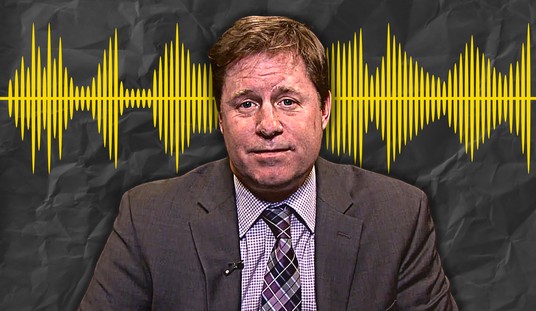Promising young athletes. Good-hearted teens. Victims of suicide.
What happened? And what will keep other children from following suit?
In Northern Virginia, parents and school administrators are asking those questions in the wake of a steady stream of teen suicides. Plus nearly 15% of Fairfax County high school students say they have considered suicide. While the numbers here and elsewhere are stunning, they don’t capture the heartache of losing even one child.
Suicide has occupied the national stage of late, with the tragic, highly publicized suicides of several teens engaged in homosexuality. Those who support homosexual activity in teens have largely driven the discussion about teen suicide, proposing solutions that center mostly on laws and practices to help “LGBT” students feel affirmed in their behavioral choices. These programs fail miserably by not addressing the reality that it is often those behavioral choices and/or past wrongs against the child that have driven him or her into making those choices, that cause the depression in the first place.
And there is very little organized help for the average teen struggling with depression, despair, and loneliness. Suicide seduces behind closed doors, insidiously whispering “escape” in the ear of any vulnerable child.
What makes a child vulnerable?
Some parents blame the outsize pressures teens face these days—hyper-competitiveness in sports, academics, popularity, and style. Inevitably, teens fall short. And Facebook and all the rest magnify personal humiliations---sometimes beyond what seems bearable.
Other parents suggest that the severe “zero tolerance” disciplinary policies in high schools for offenses involving drugs, weapons, or physical force are a contributing factor: a student nailed by those policies feels like his or her life is all but over. One parent, whose 15-year-old son committed suicide in the wake of disciplinary proceedings for bringing a banned, but not illegal, substance to school, felt that his son’s “spirit was crushed” by the process.
Recommended
At the end of the day, all of these outside factors influence a troubled child’s heart—or create turmoil in the heart of an innocent child—sometimes to deadly effect.
But there’s an additional factor at work here: the teen culture, designed and served up by adults whose primary focus is monetary. This generation of teens is the most heavily marketed to in the history of the world, and they absorb the empty messages at every turn. Messages that teach self-absorption, instant gratification, and a fascination with risk-taking and violence. Sooner or later, teens who buy the lies run smack into real-life limits and adult consequences. Those who are least resilient become casualties. Desperate to avoid consequences, or numbed by depression or pain, some tragically choose suicide as their “way out”.
How to Save Your Family: Build Resilience Based on Hope
Every child needs loving, pro-active adults in his or her life. And the hurting child needs help now. Too many children are battling demons alone, doors shut, headphones on, as raging lyrics deepen that sense of isolation. From inside that world, it seems no one can help.
Community programs and counselors emphasize that parents and peers who notice a teen’s growing depression must reach across the silence and provide real help. Counseling, appropriate medication, support, and monitoring may prove lifesaving.
At the same time, teach your children to be resilient. Each difficulty develops inner strength for what is to come. St. Paul’s confidence in God grew as he endured shipwrecks, exile, humiliation, and suffering. So too, your children can say, “I can do all things in Christ who strengthens me.”
I can’t presume to know why particular teens succumb to the evil “solution” of suicide. But I do know this: Your children need to hear that you love them. Over and over. They need to see that love in action, to understand that no matter how bad the mistake, you will be there to help them put things right. And they need to feel your love as you embrace them with strong, tender arms on a daily basis.
And be explicit with your children: suicide is evil. No matter what the dark lyrics say. Their life matters – they have value, and are created by God for a purpose. Let them know that suicide is an act of utter selfishness that instantly snuffs out the good they can do for others and, instead, inflicts lasting, terrible pain on those who remain.
Finally, every parent – even of healthy, optimistic children – must learn how to combat the constant stream of negative media messages and replace them with the truth that God loves each us and always offers hope through a new tomorrow. Life-affirming, loving and positive messages of truth benefit everyone who hears them. Be the messenger of God’s love to your child – and start today.
























Join the conversation as a VIP Member